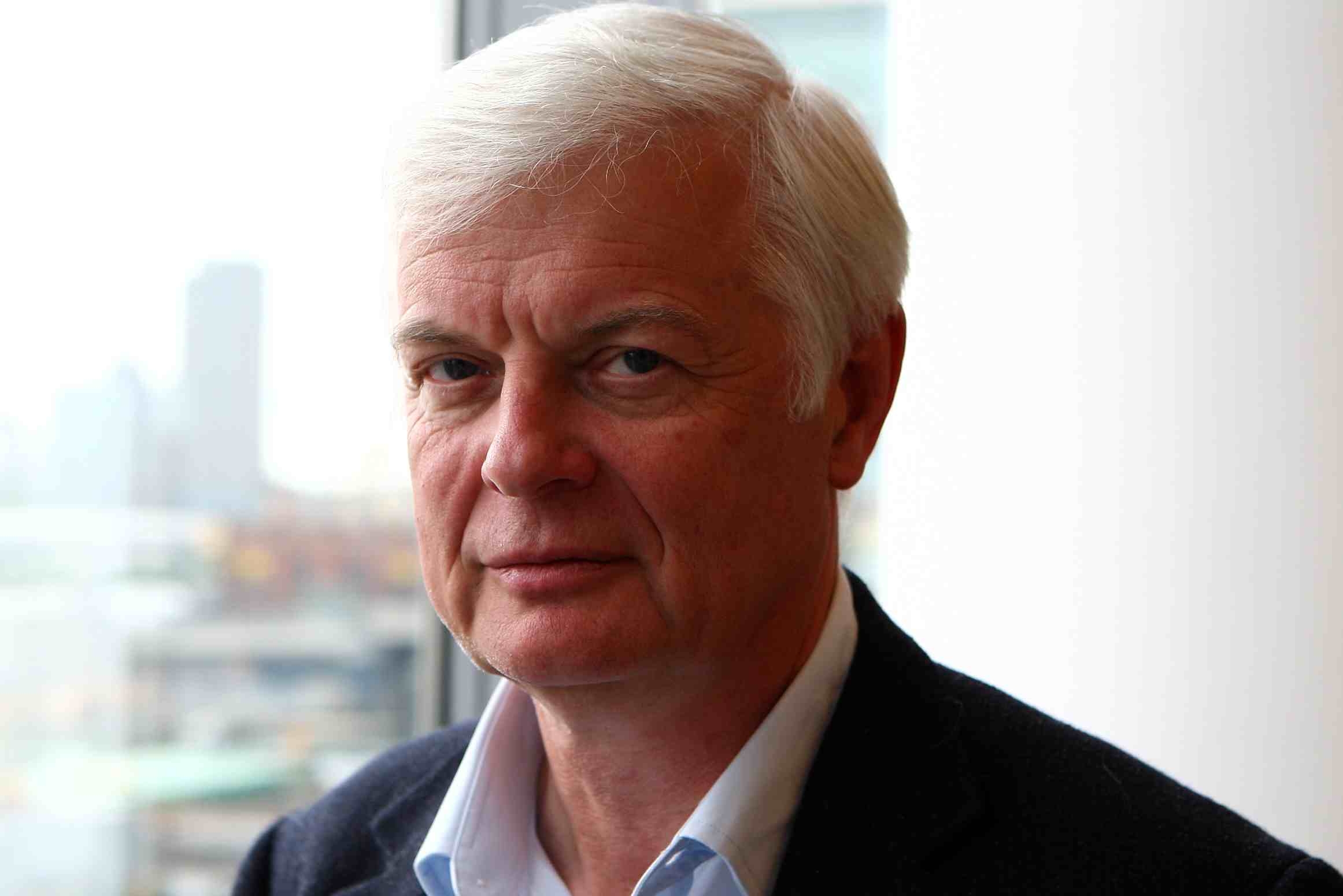Organisations have responded with mixed reactions to the news of a ban on consultancy charging for auto-enrolment schemes.
The ban was announced by Pensions Minister Steve Webb MP as part of the Pensions Bill and would mean consultancy charges were banned in auto-enrolment schemes. This would affect both personal and occupational pension schemes.
Previously firms could give consultancy services to employers but their fees were deducted from the employees' pension pots.
Both Nest and the FCA Consumer Panel said they had been concerned by consultancy charges in the past.
Nest chief executive Tim Jones said: "We were concerned that consultancy charging could have been detrimental to specific groups of customers and, more generally, damage the reputation of automatic enrolment. We welcome that potential being removed."
{desktop}{/desktop}{mobile}{/mobile}
Adam Phillips, FCA consumer panel chairman, said: "We were seriously concerned about the potential for these charges to reduce the value of pension savings. Consultancy charging would have taken significant money from member contributions in the first two years of scheme membership. For frequent job changers the impact would have been particularly pernicious. They would have suffered losses every time they joined a new employer's scheme.
"We welcome the Government's action in removing this potential source of serious detriment that could have damaged confidence in pension saving and auto-enrolment."
However, the Confederation of British Industry said it was surprised by the move.
Neil Carberry, CBI director for employment and skills, said: "We are surprised that the Government feels it needs to take action on charges, given they are at their lowest-ever level. We remain unconvinced by proposals for the automatic transfer of small pension pots, which may not always be in savers' best interests."
• Want to receive a free weekly summary of the best news stories from our website? Just go to home page and submit your name and email address. If you are already logged in you will need to log out to see the e-newsletter sign up. You can then log in again.

